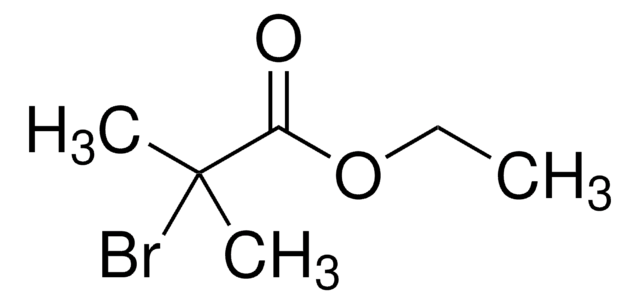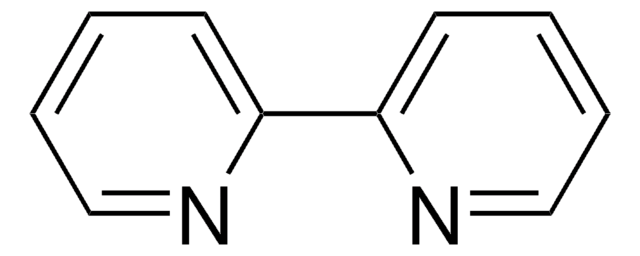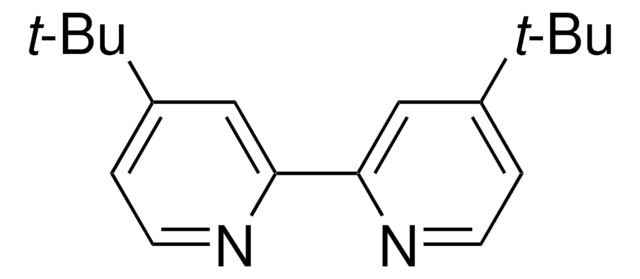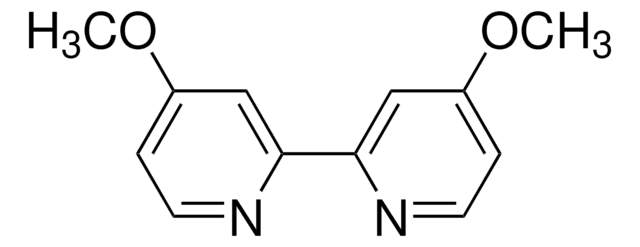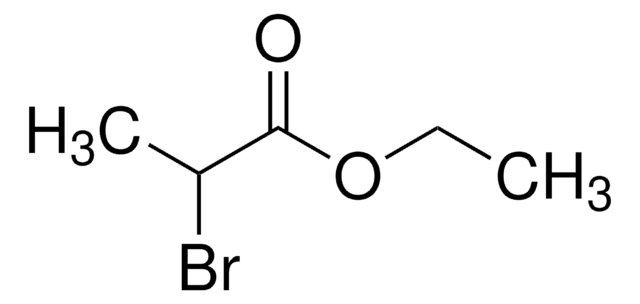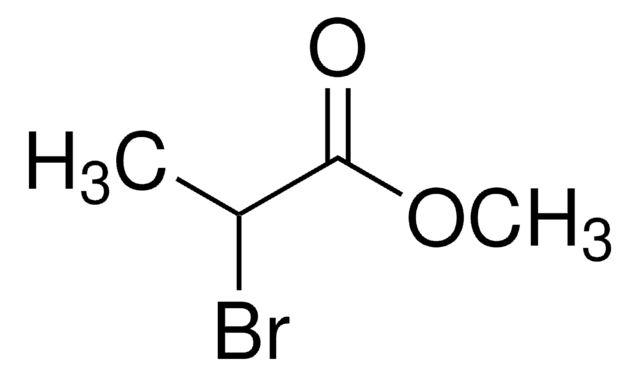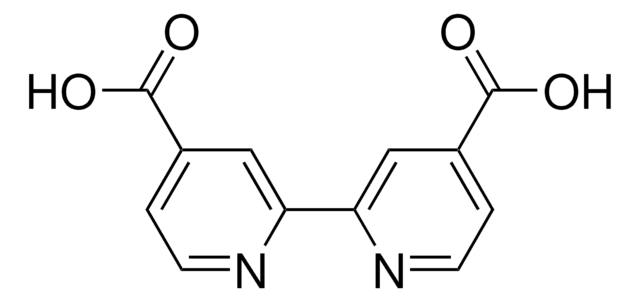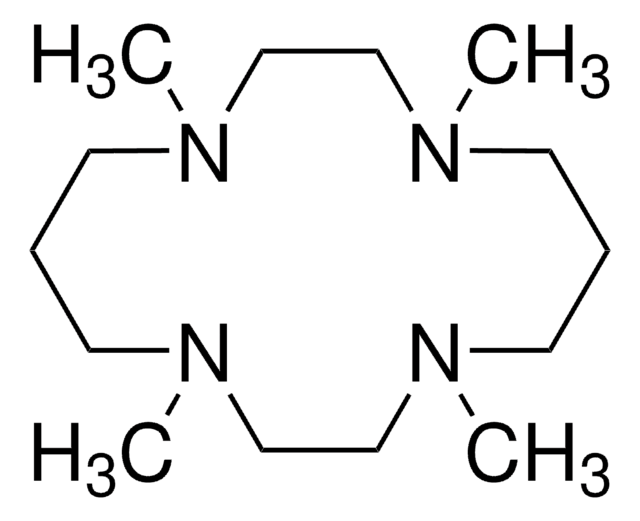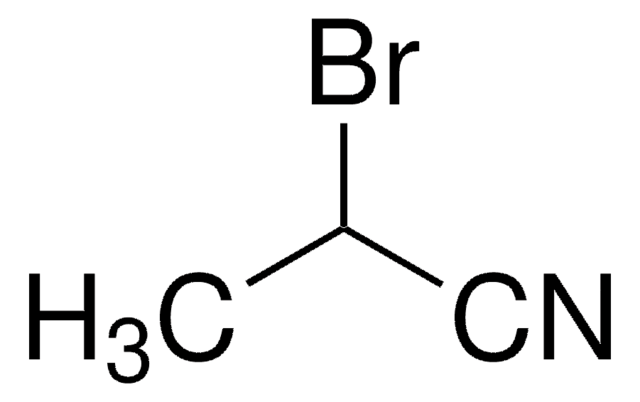482250
4,4′-Dinonyl-2,2′-dipyridyl
97%
Synonym(s):
dNbpy
About This Item
Recommended Products
Assay
97%
mp
61-63 °C (lit.)
SMILES string
CCCCCCCCCc1ccnc(c1)-c2cc(CCCCCCCCC)ccn2
InChI
1S/C28H44N2/c1-3-5-7-9-11-13-15-17-25-19-21-29-27(23-25)28-24-26(20-22-30-28)18-16-14-12-10-8-6-4-2/h19-24H,3-18H2,1-2H3
InChI key
VHJFWJXYEWHCGD-UHFFFAOYSA-N
Signal Word
Warning
Hazard Statements
Precautionary Statements
Hazard Classifications
Eye Irrit. 2 - Skin Irrit. 2 - STOT SE 3
Target Organs
Respiratory system
Storage Class Code
11 - Combustible Solids
WGK
WGK 3
Flash Point(F)
Not applicable
Flash Point(C)
Not applicable
Personal Protective Equipment
Regulatory Listings
Regulatory Listings are mainly provided for chemical products. Only limited information can be provided here for non-chemical products. No entry means none of the components are listed. It is the user’s obligation to ensure the safe and legal use of the product.
JAN Code
482250-VAR:
482250-1G:
482250-5G:
482250-BULK:
Choose from one of the most recent versions:
Already Own This Product?
Find documentation for the products that you have recently purchased in the Document Library.
Customers Also Viewed
Articles
Tools and techniques for performing atom transfer radical polymerization (ATRP) with benefits and limitations.
Atom transfer radical polymerization (ATRP) has emerged as one of the most successful synthetic techniques for the preparation of polymers with predetermined molecular weights, narrow molecular weight distributions, and high degrees of chain end functionalities.
ATRP polymerization, chain transfer agent, living polymerization, functional telechelic polymers
Find how atom transfer radical polymerization (ATRP) tools can be used for the synthesis of well-defined functionalized polymers.
Protocols
We presents an article featuring procedures that describe polymerization of methyl methacrylate and vinyl acetate homopolymers and a block copolymer as performed by researchers at CSIRO.
Sigma-Aldrich presents an article about RAFT, or Reversible Addition/Fragmentation Chain Transfer, which is a form of living radical polymerization.
Our team of scientists has experience in all areas of research including Life Science, Material Science, Chemical Synthesis, Chromatography, Analytical and many others.
Contact Technical Service![Tris[2-(dimethylamino)ethyl]amine 97%](/deepweb/assets/sigmaaldrich/product/structures/695/792/ee0ff167-22a3-43a7-83a1-6c4908adf0ae/640/ee0ff167-22a3-43a7-83a1-6c4908adf0ae.png)
